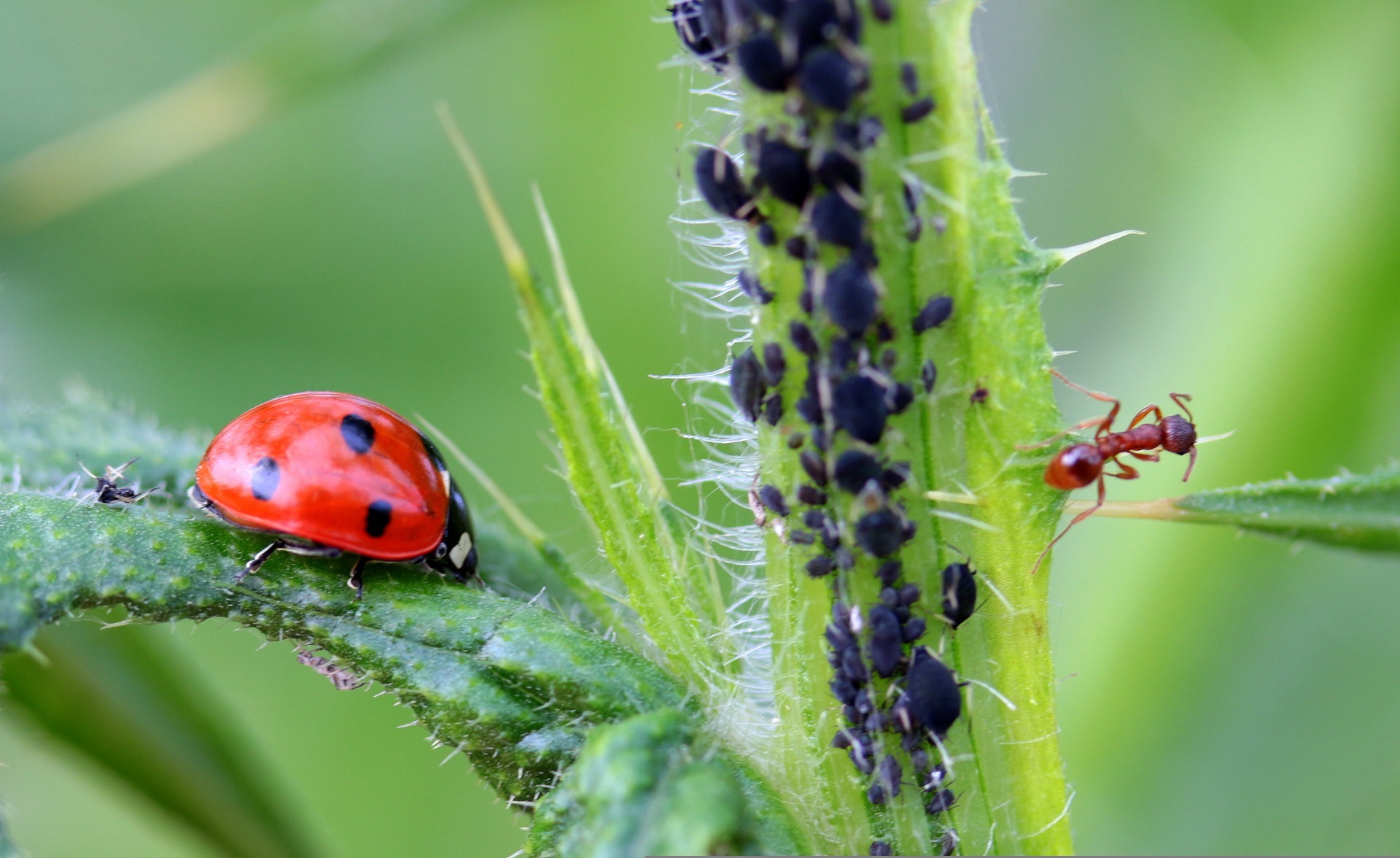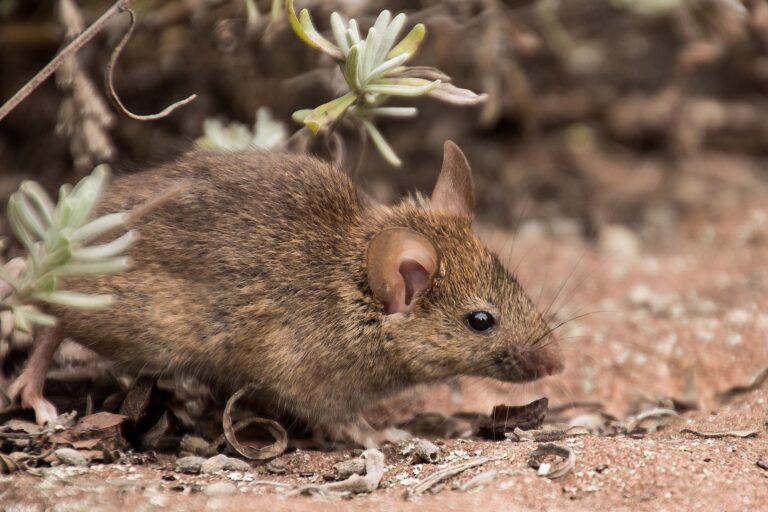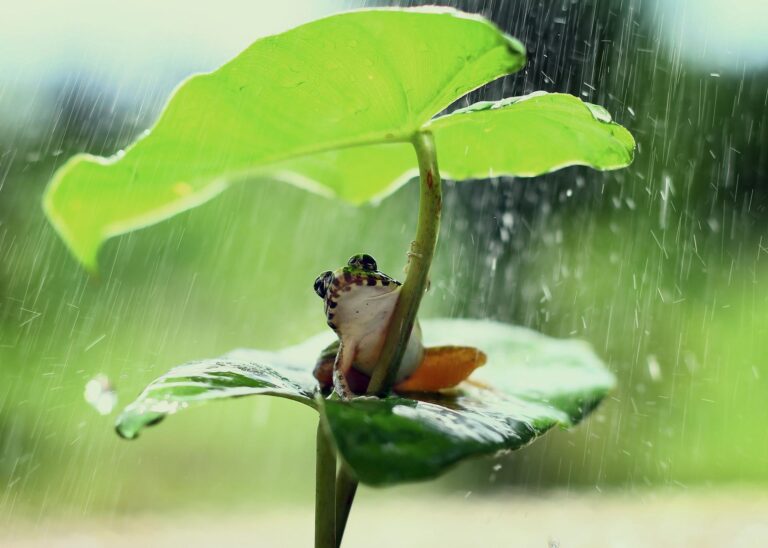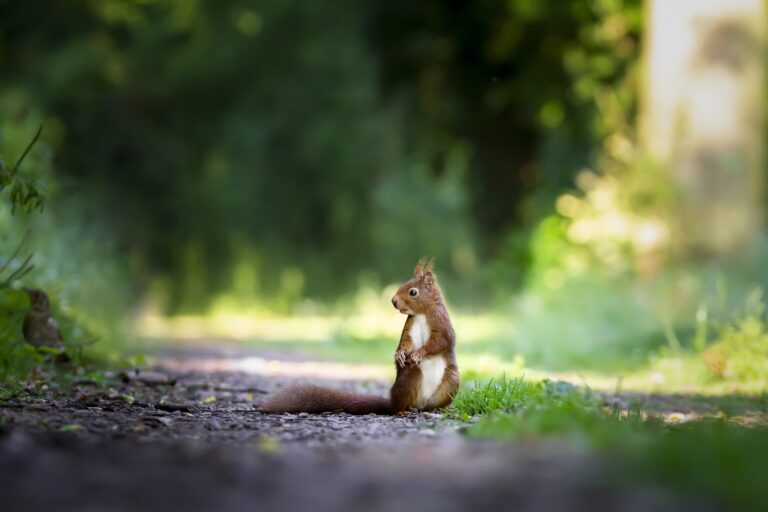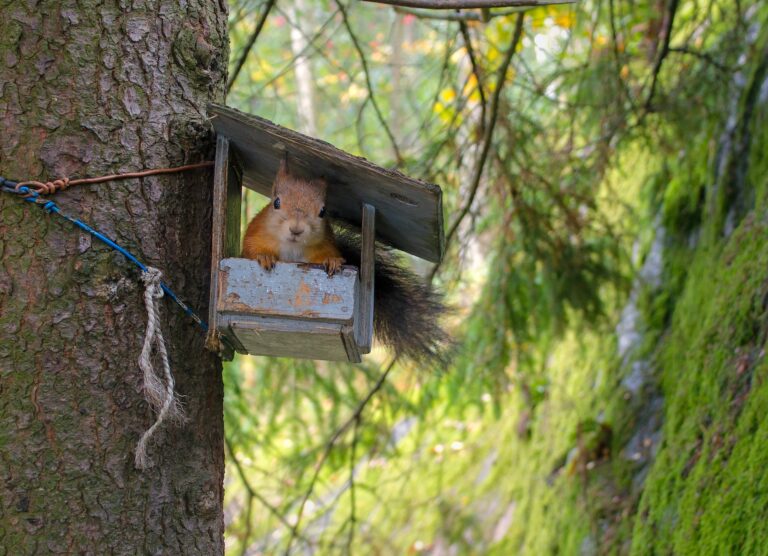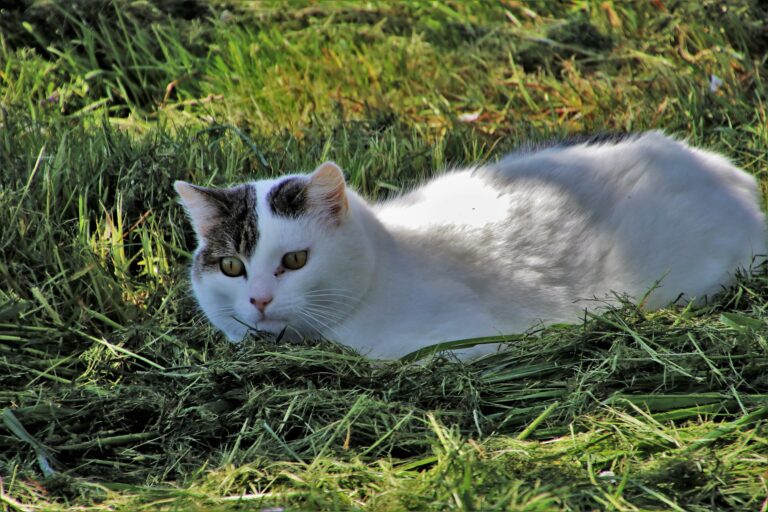Are aphids harmful to humans? This question is asked by many people but in actuality, the answer is No, aphids are not harmful to humans.
The small insects don’t pose any threat to humans at all. In fact, many homeowners appreciate pesky pests because they eat other, more destructive insects and may help to reduce populations of different harmful insects that live in or near your home.
Aphids will also drink sap from plants. If you have indoor plants, an aphid infestation could do some damage to them.
However, this doesn’t make them dangerous for humans either; most aphids prefer staying on plants and feeding exclusively off the juices of their leaves and stems.
How to Identify Aphids in Gardens?
Aphids, also known as plant lice, are common garden pests. They typically feed on the juices of plants but may become a nuisance when they invade a garden. Identifying them is simple if you know what to look for.
You can usually see their tiny black bodies or greenish white wings and the insects will swarm around their host plant in heavy numbers if it is not located too far away from civilization.
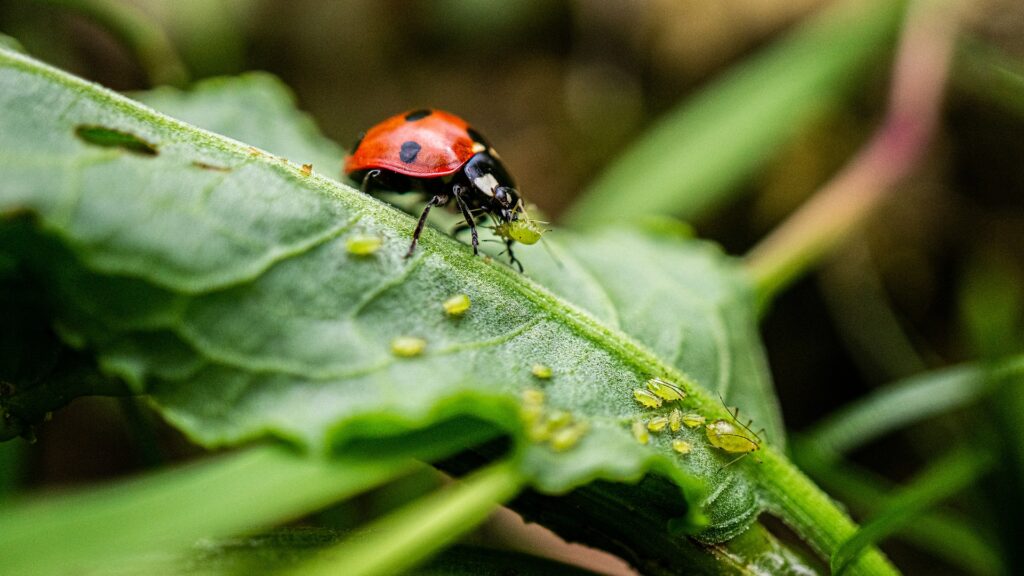
How to Get Rid of Aphids?
Aphids are a type of insect that like to infest plants and will suck the sap from them.
Aphids can be tough to get rid of because they reproduce quickly, but thankfully there are some natural remedies you can try to evict these unwelcome guests.
Here are some suggestions on how to get rid of those pesky insects:
1) Wipe down your plants with rubbing alcohol
This kills any live bugs that happen to be present on the plant as well as eggs or larvae. To make sure all the little buggers stay dead, make sure you regularly reapply this solution to your plants each time a new insect appears.
2) Mix up an organic soap-based pesticide
If you’re looking for a chemical free way to ward off aphids, this is a great option. You’ll need one cup soap flakes, 2 tablespoons vegetable oil, 3/4 cup water and two tablespoons dish detergent.
Simply mix it all together in a spray bottle and spritz away! Make sure to read the instructions carefully before use because there are specific directions for diluting the mixture depending on what kind of plants you have (i.e., don’t use it near roses).
3) Get yourself some ladybugs
These tiny guys love eating aphids so they’re great at getting rid of them.
What is the best aphid killer?
The best aphid killer is a combination of synthetic pesticides, some good gardening habits, and more natural alternatives. When you have an infestation and don’t want to kill the whole ecosystem, it’s important to go about killing the little bugs using their weaknesses.
There are two kinds of chemicals that can be used in killing aphids: insecticides and miticides.
Insecticides will take care of a more broad range of insects including aphids but they should be sprayed sparingly because the residue will eventually settle onto leaves.
Miticides are made up of weaker substances and so they are safer for the plants while also taking care of pesky insects like aphids.
Can Aphids Kill Humans?
Aphids are not dangerous to humans. They don’t bite, sting, or come into contact with the skin in any way that could be seen as a threat to human life. That said, they can be seen as pests when it comes to gardening or farming because they harm crops and other plants.
Aphids feed on the sap that circulates through plant tissues and disrupts the ability of plants to get proper nutrients which can hurt their health.
Aphids also produce honeydew which attracts ants and other bugs that are usually a nuisance for people who are out in the garden
Do Aphids Eat Other Insects?
No, Aphids do not eat other insects. They don’t have any teeth or mandibles, so they can’t chew. Aphids are known as sucking insects because they use a long proboscis-like straw to suck the juice out of plants.
Some species drink animal fluids like honeydew or sap from trees instead of plants. Others feed on fungi and bacteria found in soil. And some species will actually steal the food from ants’ nests by using their tube mouth parts to siphon up liquids and plant matter that ants carry back to their nest.
As you can see, there is no reason for us humans to be concerned about being harmed by aphids since they cannot physically harm us and only survive off of eating plants and fungi.
Can aphids cause an allergic reaction?
For people who are allergic to these insects, a sting or bite can be just as deadly as if they were bitten by a snake. There have been reports of children with anaphylactic shock and hay fever that has needed treatment because of insect bites.
The insects do not produce any dangerous venom but the immune response some people have when they come in contact with them could lead to respiratory issues, sneezing, watery eyes, coughing, wheezing and difficulty breathing. Those are all symptoms of anaphylaxis.
This is also a life-threatening allergic reaction that must be treated quickly as suffocation may occur.
What are aphids attracted to?
Aphids are attracted to plants that emit a scent or exude a liquid called honeydew, such as nasturtium and mustard.
This attracts other insects who will feast on the secretions for themselves, giving more power and opportunity for the aphid population.
Aphids also drink from the plant’s sap. Their needle-like mouthparts puncture plant tissue with syringe-like sucking action, called sap-sucking. While they may be nuisances, they are not necessarily dangerous to people and animals – unless you suffer from a hypersensitivity reaction or allergy – and are considered more of an agricultural pest than anything else.
What disease does aphids cause?
Aphids can cause the widespread transmission of many diseases, including those that are deadly. If a person is bitten by an aphid or comes into contact with their saliva, they could contract any of the following: coccidiosis, ECD (or Equine Coxiella Dermatitis), TSEs (or Transmissible Spongiform Encephalopathies), and URTDs (or Upper Respiratory Tract Diseases).
These pathogens typically come from livestock feces. Livestock will often carry these diseases because they are carriers for them and have not been treated.
There has also been some evidence that links the spread of bird flu in poultry to insects such as flies and aphids carrying it.
Aphids do not usually cause harm to people, but if you happen to be in contact with them or have one bite you, there is a chance you could get sick.
Do aphids attract wasps?
Aphids are mainly found on plants and are the ones that like to suck the sap from them. But they also produce honeydew, which is what wasps love. So in essence, yes, they do attract wasps. The wasps like to get their food by drinking from the honeydew and will even protect it from other insects looking for a meal.
The pests can be especially dangerous because they spread diseases as well as introduce these pests into new areas where these diseases may not exist, just by flying around. They have also been known to cause allergic reactions when touched or eaten.
They can carry pollen, so if you see an increase of aphids near your garden or fruit trees you might want to consult with a professional before taking matters into your own hands.
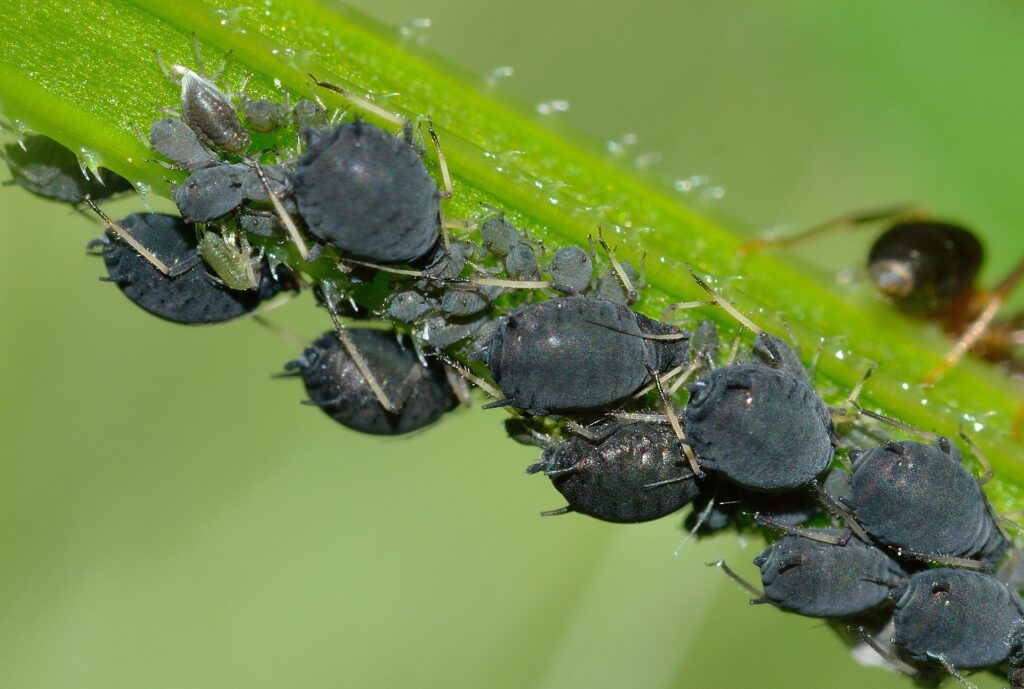
Where do aphids come from?
Aphids come from eggs. These eggs will hatch and turn into what we refer to as aphid nymphs. Nymphs are a new stage in the aphid life cycle that eventually become adults, who can produce more eggs for the next generation of aphids.
Most aphids will grow up in an environment where they have plenty of food sources and have little competition with other insects.
This is why many people use them as a part of their garden or landscape since they do no harm there and are even considered beneficial insects because they fertilize plants and clean leaves by sucking out their juices.
Should I kill aphids?
Although aphids are not a danger to people, some species can secrete a toxic substance called honeydew that contains sugar and water. This substance is often an attractant for other insects, such as ants and fruit flies.
It can also encourage the growth of sooty mold, which produces a thick layer of black fungus on any surface it is on. Honeydew is also potentially unhealthy for humans if they come into contact with it.
Do banana peels keep aphids away?
Yes, it is generally accepted that banana peels will keep aphids away. Though some sources say this is merely an old wives’ tale. Here are a few theories on why banana peels might actually work.
One theory states that since the peel has a sulfurous smell and low sugar content, aphids are repelled by the smell and refuse to eat the bananas when they have a chance.
Another theory claims that ants – attracted by any sweet-smelling fruit or food in general – tend to eliminate any aphids that appear near the peel in order for themselves to eat all of the sugar there, not just some of it.
How long do aphids live for?
Aphids live for a long time depending on the environment they are living in. Some species of aphids have a short life span, usually living no more than 3-4 weeks.
Others may have the potential to live upwards of nine months and sometimes longer. The main factor that determines their life span is whether or not they are suffering from malnutrition or starvation.
Aphids feed off plants and make small openings in leaves that allow sap to leak out. They eat what leaks from the opening and then lay eggs close by for them to hatch and find food for themselves as well as enough for new generations of aphids.
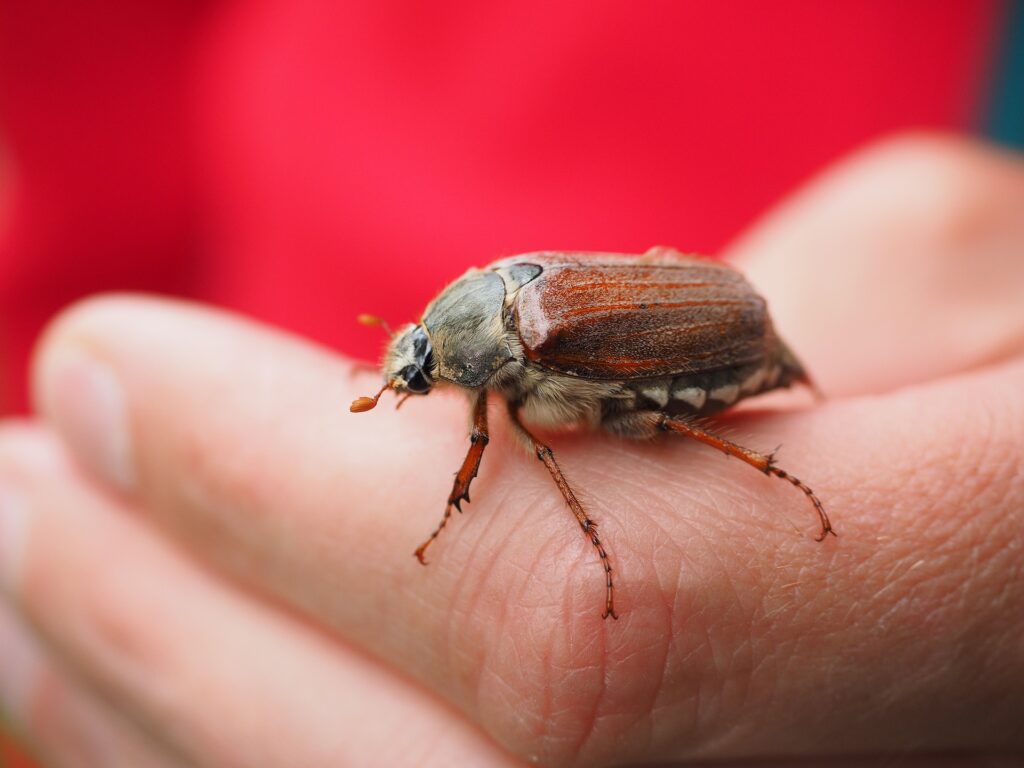
What gets rid of aphids naturally?
Some popular ways of getting rid of aphids naturally is by using peppermint or cinnamon oil (on the outside). You can also use soap and water with lemon juice, diluted dishwashing liquid and vinegar, or tea tree oil mixed with dishwashing liquid.
As for more natural methods, picking off the aphids by hand is one option. Keep in mind though that it’s possible for them to fly up again from their eggs so this isn’t a permanent solution.
Plus, it doesn’t work on larger infestations and certain pesticides will work better for different types of plants
Related Post – Do coffee grounds keep squirrels away?
Why do aphids keep coming back?
When aphids sense the presence of food and water, they will feed and reproduce. They will also want a safe place to do so and may begin their reproduction process in other places around your home like window frames or doorways.
This often starts a cycle where there are more and more aphids that keep coming back. They can be difficult to get rid of because many people will use pesticide-laden products which could harm you and your family as well as the environment around you.
Instead, try using soap and water for spraying them off surfaces. If you have plants outside, add ladybugs or wasps to help fight off these pests.
Aphids have been known to attack certain types of plants such as roses so it is important that you know what kind of pest might be attacking it before taking action against them with pesticides.
What animals eat aphids?
Aphids are harmless to humans, but many animals like ladybugs will eat them. They are most commonly found on your plants and around the edges of windows, so try shaking them off with water from a spray bottle or picking them off by hand.
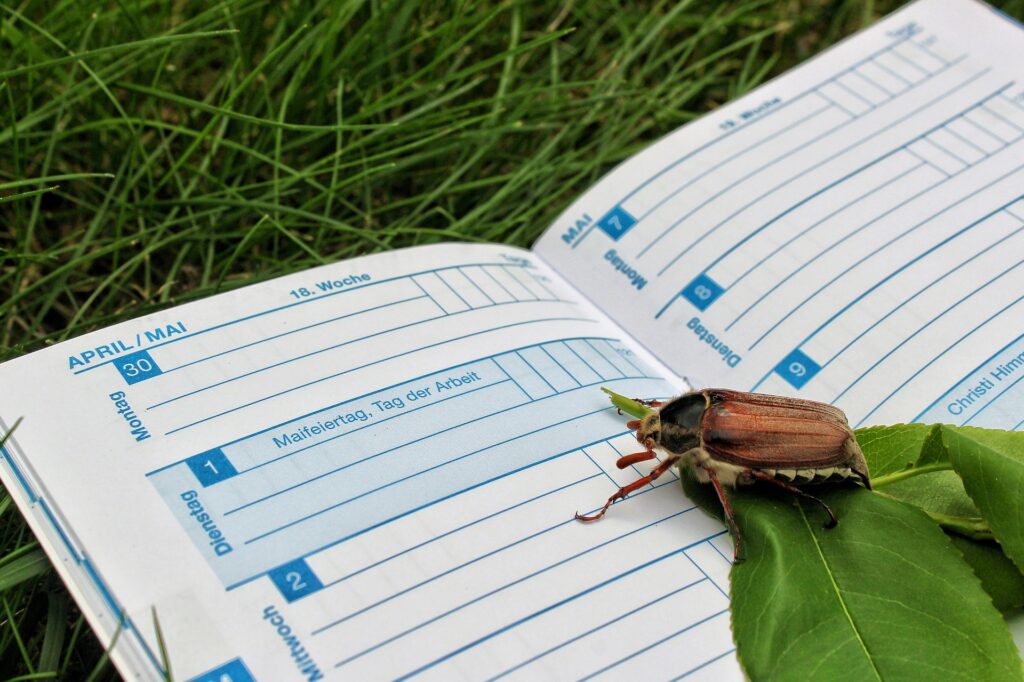
If they continue to grow in number, you can use an insecticide containing neem oil. Neem oil will not harm humans or other pets, but it can be toxic to fish in large doses.
Be sure to consult the label for any precautions before applying any chemicals near bodies of water.
When should I treat my garden for aphids?
You may want to start treating your garden for aphids when you notice that their numbers have grown significantly, especially if there is a lot of sap dripping down tree branches.
Pesticides containing neem oil work best when applied before eggs hatch; eggs hatch at different times based on temperature and humidity levels, so take this into account before spraying pesticides too early or too late.
What are the symptoms of aphids infestation?
The symptoms of aphids infestation are as follows: aphids cause foliage on plants to be stunted, they secrete a sticky substance that often coats nearby surfaces in the form of honeydew and black sooty mold.
When aphids are present in high numbers, the leaves will curl or wilt with sunken spots that may form on their upper surfaces. Aphids produce many offspring, each one capable of reproducing once they mature.
As a result, an infestation can grow very quickly without much outside interference. These pests can be found near the tips of stems and branches, where new growth is taking place; additionally, you can find them on flower buds or developing fruit.
They feed by inserting their needle-like mouthparts into plant tissue and withdrawing large quantities of sap which contain valuable nutrients.
Do aphids carry disease?
Most aphids are not a disease risk. They have wings and can fly or crawl to new plants, but they do not bite. Aphids feed on the juices of plants by puncturing them with a sharp needle-like mouth.
Leaves or shoots may be curled and twisted if an aphid colony is feeding on them; this is called gall.
You can identify a gall by its narrow, long shape that tapers off at one end and has a scaly surface; often these are brightly colored, orange or pink.
How do aphids spread?
Most aphids spread through the production of winged females, who can fly up to a half mile before mating and laying eggs. With this one journey, these winged females can lead to an entire new colony of wingless aphids just a few weeks later.
Another way aphids spread is by using their needle-like mouthparts for piercing crops. In some cases, the bug will inject toxins or create toxic saliva that hinders the plant’s ability to provide its own nutrients and water.
Summing Up! Are aphids harmful to humans?
Aphids are a type of insect that can be found on various types of plants and also on some animals. Aphids live by sucking the sap from plants, which can harm them and lead to death if they are left untreated.
They tend to reproduce very quickly, so it’s important to take precautions. There are many ways you can kill an aphid including using soap or rubbing alcohol as well as various home remedies such as peppermint oil.
If left untreated, an infestation will eventually lead the plant’s death; make sure to take care of these bugs!
Meet Tomas Clayton, a seasoned plant gardener who has been passionate about horticulture since he was a child. Tomas John developed a love for the natural world and a strong appreciation for the beauty of plants while growing up on a farm.

